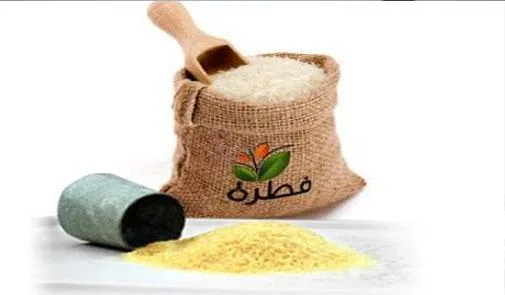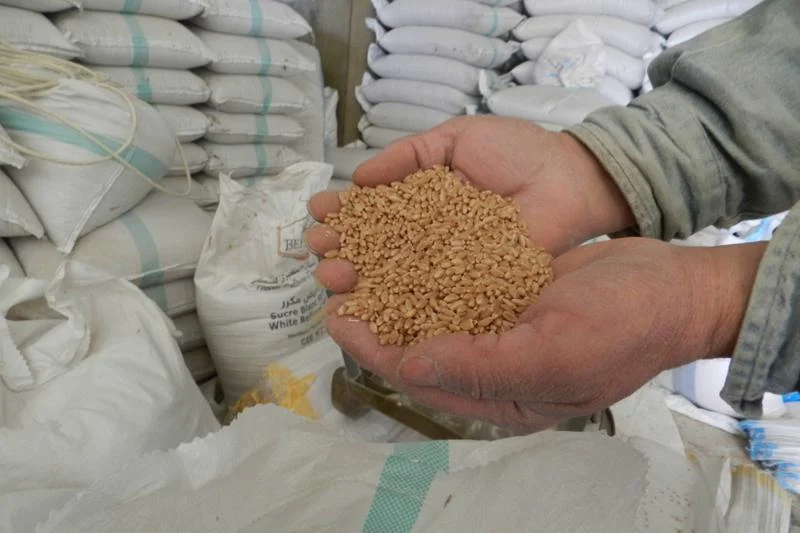 Take from their wealth so that you might purify and sanctify them.’ (The Holy Qur’an, chapter 9, verse 103
Take from their wealth so that you might purify and sanctify them.’ (The Holy Qur’an, chapter 9, verse 103
The word zakat means ‘purity’ or ‘to purify’ and it represents charity; all Muslims who are wealthy enough, must perform this charity in order to purify their wealth in the eyes of Allah (swt). In other words, Allah blesses us with wealth; it is therefore our duty to give some of this back to those most needy, which purifies the rest of our wealth.
As one of the five pillars of Islam, it is an obligation upon all believing Muslims.
Who Needs to Pay Zakat?
To pay the Zakat, one must be a Muslim, sane adult, in possession of thenisab (the minimum amount of wealth that one must have before zakat is payable) for one whole year. See the current monetary nisab value above
Items from which wealth can be derived include: cattle, crops, gold, silver, and merchandise for business. Zakat must be paid on cash deposits held in bank accounts.
Any personal items from which one cannot derive wealth, e.g. cars, utensils, food, clothing, shelter, furniture and which are not to be used for trade, are not included in the calculation of zakat.
One must not only have the minimum amount of nisab but it must have been in one’s possession for one whole year. A lot of people choose Ramadan as the month in which they pay their zakat; both to remember it, and also because the reward for good deeds done in this blessed month is multiplied.
Who Benefits From Zakat?
1) The Poor & the Needy – These people may have some wealth, but not enough to make up the nisab.
2) The Destitute – Such people have nothing other than the very basic necessities; they are worse off than the poor and destitute.
3) Those employed to collect the zakat – this refers to those that collect as well as distribute the zakat.
4) To reconcile hearts – traditionally, this category was for new Muslims who after having become Muslim, faced extreme poverty due to their decision.
5) To free slaves – this category doesn’t apply as readily as it once did.
6) Those who are indebted, but unable to settle their debt
7) Those struggling in the path of Allah
8) Travellers who have run out of money and would therefore have no way of reaching their final destination without help.Islamic relief.com


